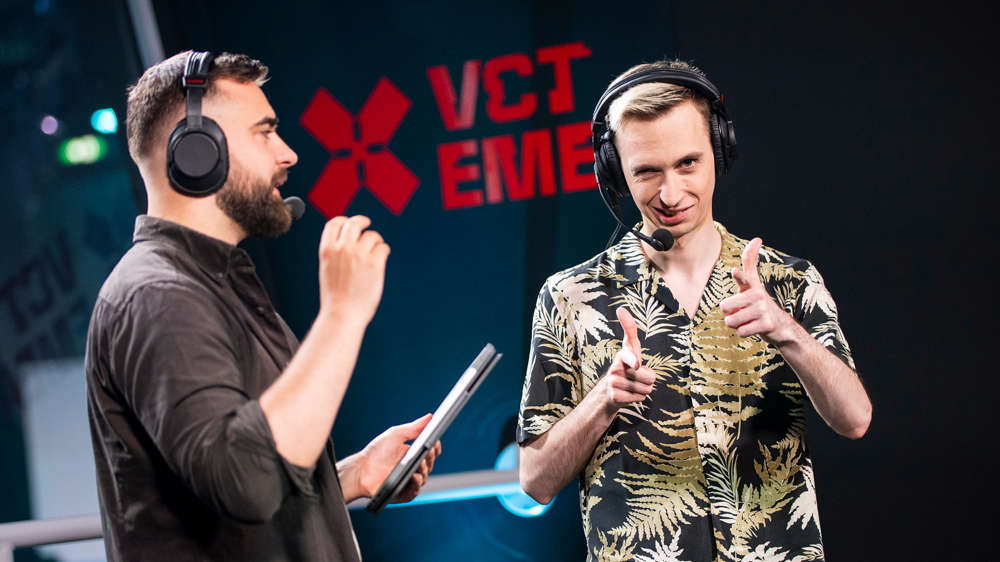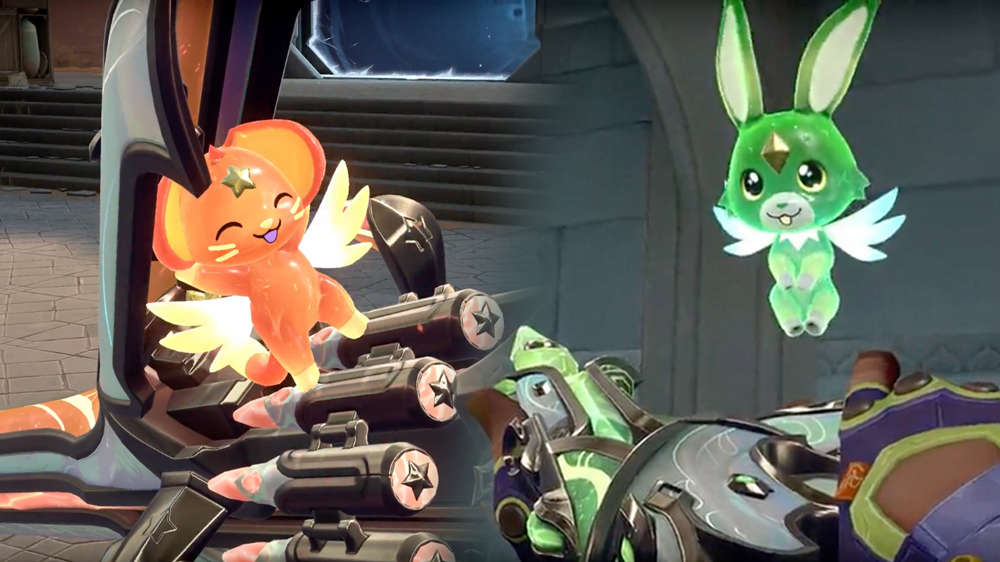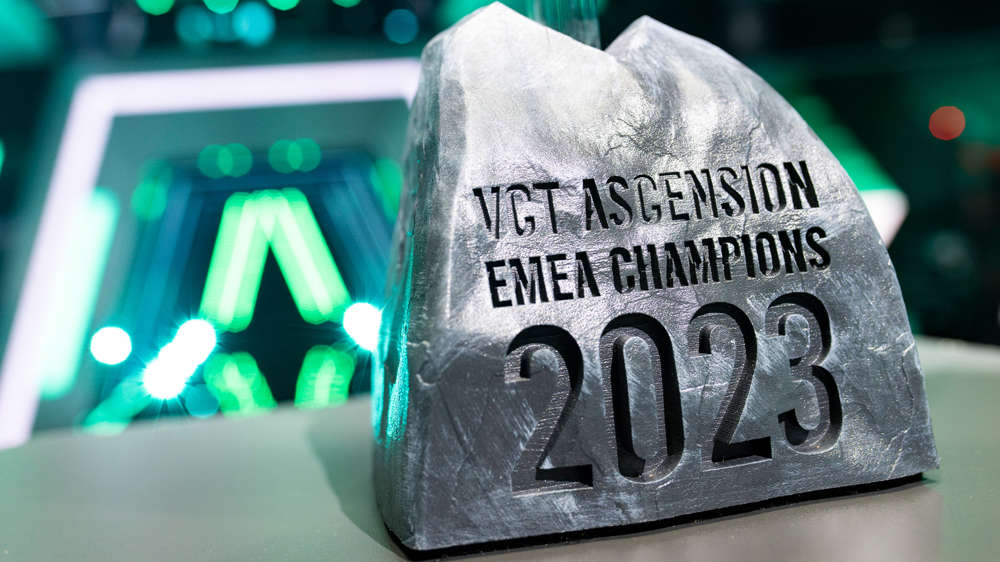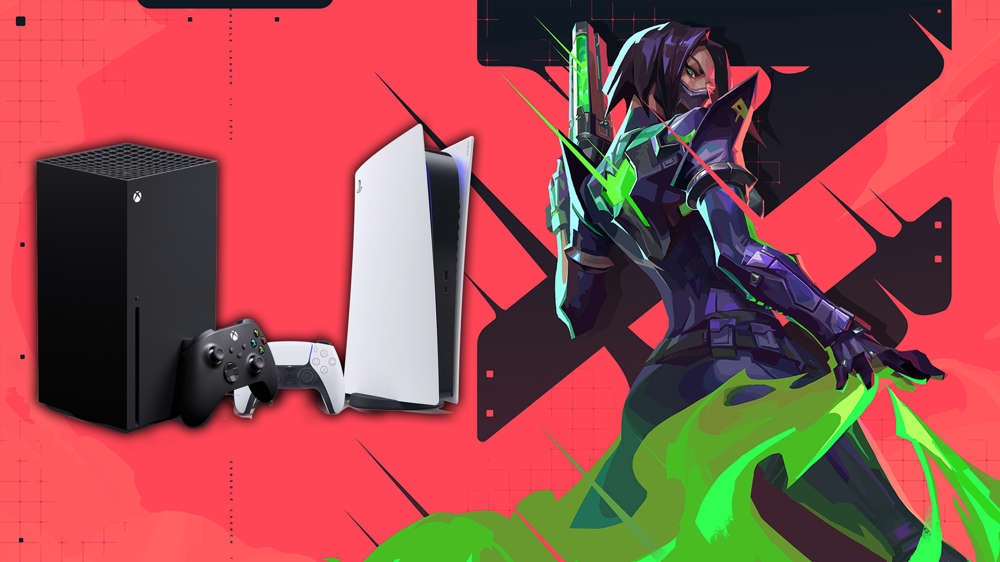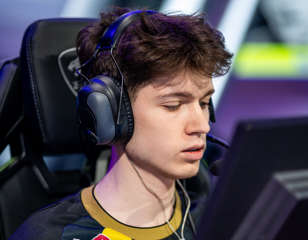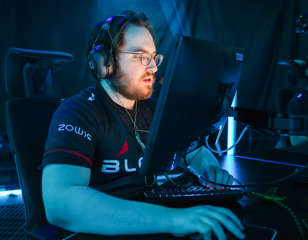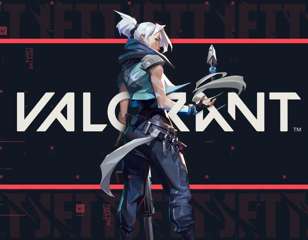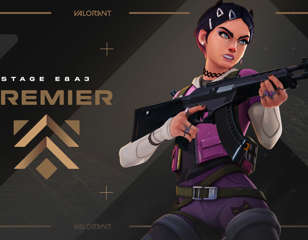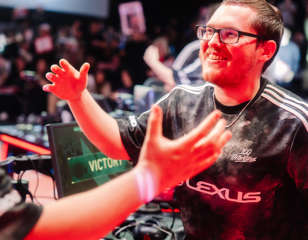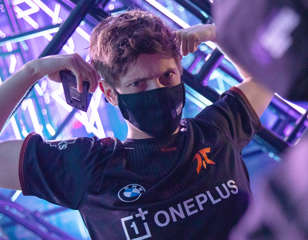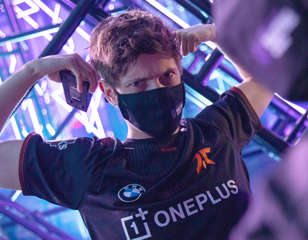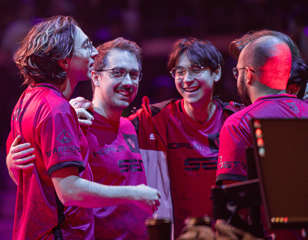VALORANT: The Power of LAN Compels You
Considering VALORANT’s hopes for their esports scene, LAN may be more critical than ever for the Riot Games title.

Daxa babyblu Angresh
07th Jun 2020 19:00
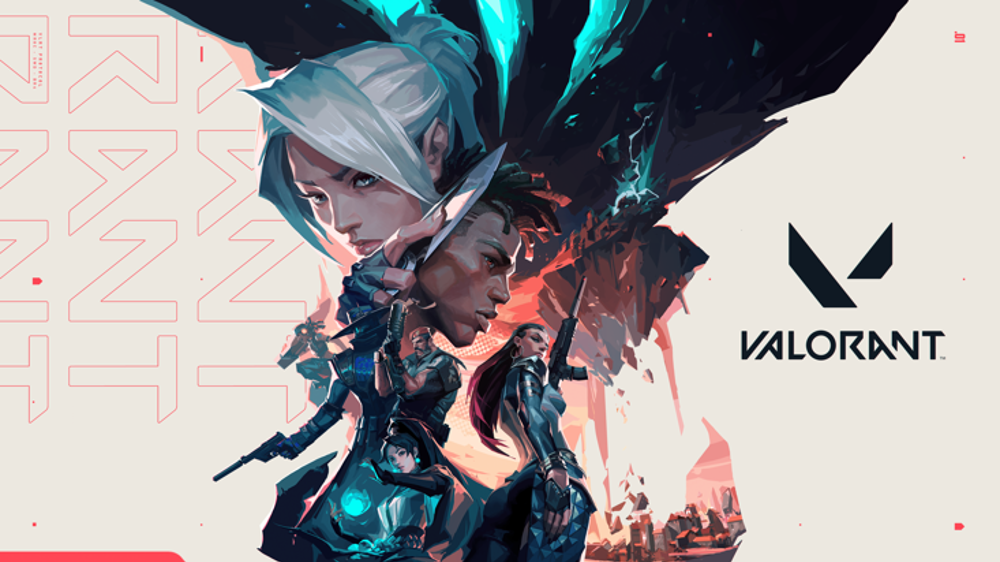
Local Area Network. Networking among players in your local area has been the foundation of many a storied esports community. LAN events create memories and storylines full of competitors, rivals, and friends hunkering down in everything from a dingy room to a vast stadium with nothing but their PCs, peripherals, and determination to prove to everyone that they’re the best. Between these athletes, competitors, buddies and gamers runs a web of ethernet cabling, carrying that juicy gigabit goodness, translating all of their heroic actions into the video game world in as close to real-time as modern technology will currently allow. Such is the magic of LAN.
In the time of COVID, even us sweaty, introverted nerds have come to miss the unique flavour of social interaction that comes with being in the same room as other human beings. Anyone who has thus far been to a LAN event, as a viewer, competitor, coach, or broadcaster will tell you that the rush from the environment of an in-person competitive event is unlike anything else we experience in esports. While it is good that even in these times we can capitalise on online and remote competition, something unique to esports that few other media or sport can accomplish (looking at you, iRacing and chess), we would be remiss to not admit that the pomp and circumstance surrounding a good LAN event brings a community together and creates our heroes better than anything else we can do, even after the PCs have turned off and only socialising remains.
- Read More - Could VALORANT on Console Ever Work?
LAN support has been slowly fading away
Over time, with every new esports release, the ability to even play a game over a local connection has slowly but surely disappeared from most games. Especially with the explosion of battle royale titles over the last 4 years, it has become increasingly irrelevant to include such functionality in games. Most games follow the model of having a separate client for LAN games that are only given to licensed tournament organisers. Overwatch does this, as do all battle royale games (the ones that even have a LAN client at least), and so has League of Legends as well, Riot’s first and most popular game, a game that revolutionised the esports viewing experience as we know it. This means that only if you pay to go see a massive, world-class tournament or be one of the few players out of millions in the world good enough to play in one, you can experience your game as it was meant to be experienced - with every action having an immediate tangible effect on the world of the game. If you’re just trying to gather together a group of friends and see who can earn eternal bragging rights and who has to buy the pizza, however, you’re out of luck. You have to now send all of your players’ connections through the merciless claws of your ISP, to a server, and back, making the get-together good for only the social aspect of a LAN party.

Doing it right since 2003
One game that has kept LAN accessible since its very inception has been Counter-Strike. To this day, anyone anywhere with a few friends, PCs and some spare time can butt heads in CS with no lag and high tickrates to find out who among them is the best. This environment is what grew the game’s esports scene from the grassroots level two decades ago, and while the environment is definitely different these days, with a game as huge as VALORANT is already on launch, local events are still going to be just as important as they ever were, even if they're bigger and more polished. This is true for other Valve games as well - say what you will about TF2’s dead competitive scene, but having LAN capability built-in from day 1 injected that small plucky community with even more passion and drive, and the stories from those days are told fondly by members of that community to this day. Sure, the TF2 scene may have always been relatively insignificant compared to the titans of the esports world, but they would have been even less if not for LAN, of that we can be almost certain.
- Read More - Best VALORANT Agent Tier List
What does this mean for VALORANT?
As of now, Riot Games has no plans to include LAN support for VALORANT. Riot Ziegler and SuperCakes have stated in an interview with Dr Lupo that due to the way the game’s infrastructure is set up, a LAN game would be extremely hard to accomplish. Ziegler goes into more detail, explaining that since everything related to the game is tied directly to players’ accounts and the items they own, stats they have, and online progression that is hosted on Riot servers, it is extremely difficult to release players from that constriction in order to play completely disconnected from Riot’s servers amongst each other. In other games with progression and statistics in the past, like Halo and Call of Duty, this is achieved by having a separate ecosystem for custom games/LAN games, where either everything is already unlocked/fully progressed (like Halo), or nothing is, and you have to start from scratch, progressing in parallel to your online profile (like Call of Duty). In Counter-Strike, stats and in-game skins and items are tied to player accounts regardless of online or offline play.
 Twitch Rivals Online VALORANT Tournament
Twitch Rivals Online VALORANT Tournament
Considering VALORANT’s bold expectations and hopes for their esports scene, LAN may be more critical than ever for a game released in 2020. However, by the same token, it can be argued that since the game is already so large, there is no need to build a grassroots scene, and they can simply skip that step, capitalising on the lofty plans of tournament organisers to kick-start a bustling scene without needing to go through the pains of having small local gatherings to build up a reputation and history with your game. That being said, a scene is nothing without its communities, and both may be necessary in order to catapult this new game into the limelight.
For every top tier competition with hundreds of thousands of viewers, there must be small gatherings of friends and communities who are not only passionate about the game but connecting with each other, passionate about competing their way to the top of their own level, before moving on to the next. We already see this with the countless discord communities that have amassed in VALORANT, holding regular pugs, tournaments, and events, allowing every player, viewer, and broadcaster to hone their skills and have a path to reach the pro level. Most importantly, however, it allows them to grow their passion for the game. Being put in an environment where the adrenaline flows faster than ever, and the stakes, though they may be low, feel greater than ever, that is what grows a competitive community that thrives. That is why VALORANT needs LAN.
Images via Riot Games

About The Author
Daxa babyblu Angresh
Daxa Angresh was a freelance contributor to GGRecon.
